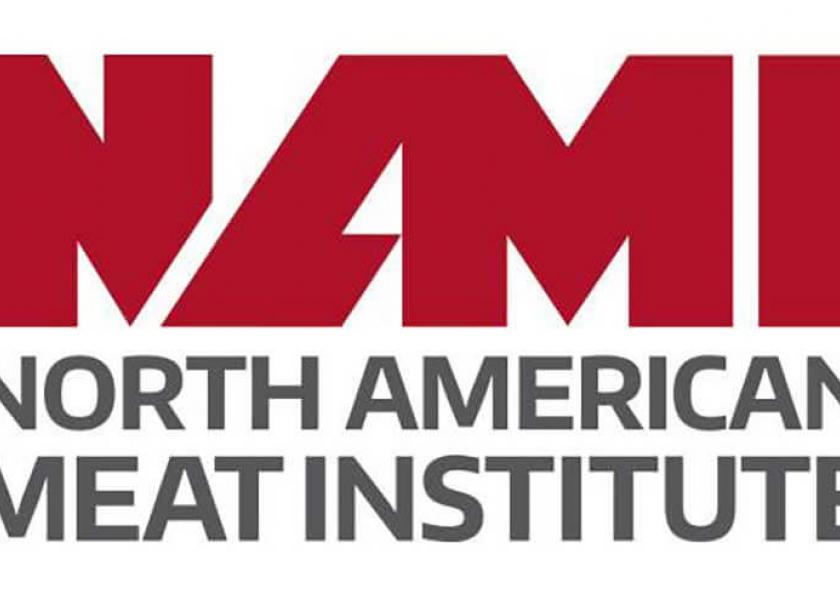“Scapegoating” Industry Does Not Help Consumers, Meat Institute Tells Vilsack

The North American Meat Institute wants the Biden Administration to stop trying to “scapegoat” the meat and poultry industry for inflationary consumer prices.
In a letter to Ag Secretary Tom Vilsack, Meat Institute president and CEO Julie Anna Potts said, “The Administration cannot ignore the fundamental principles of supply and demand. Americans are experiencing firsthand what the Secretary refuses to acknowledge, the effects of COVID and lack of labor are hurting consumers, and nothing proposed by the Secretary of Agriculture on the structure of the meat and poultry industry will help families struggling to pay for groceries.”
Potts said after “repeated attempts to convey the challenges faced by meat and poultry packers and processors in meeting extraordinary consumer demand to Biden Administration officials," the letter was sent to Vilsack challenging his comments at a White House briefing on Sept. 8.
Specifically, Potts said she was “surprised to hear you allege the structure of the meat and poultry industry is causing price inflation for meat and poultry products, and disappointed that you failed to acknowledge the array of market forces affecting retail prices.”
Calling the pandemic the “ultimate black swan event,” Potts said, “ its occurrence does not automatically mean the system is broken or needs to be torn down and rebuilt. Nor does the fact that the industry has changed, and changed significantly over the past few decades, mean it has changed for the worse. The pandemic seems to be the vehicle spawning new bad ideas, and resurrecting other bad ideas, seemingly without recognizing economic realities and unintended consequences. Indeed, none of the proposals advanced at the press briefing will alleviate the consumer price increases the administration seeks to address.”
The letter referenced USDA Economic Research Service data that identified economy-wide price inflation, confirming that consumer price inflation is far broader than meat and poultry products. Potts also referenced the fact both the House and Senate Agriculture Committees held hearings last summer looking at cattle and beef markets, with agricultural economists testifying at both hearings.
“At neither hearing did any economist suggest that consumer price inflation for meat and poultry products was linked to the structure of the meat and poultry industry,” Potts wrote.
Potts cited other USDA reports on industry structure and historical margins for industry segments.
“Before the administration attempts to recreate the animal agriculture industry, it is prudent to look back and acknowledge the benefits that flow from the food supply chains as they exist, which ERS described as ‘efficient,’” Potts wrote. “In 2020, according to ERS, Americans spent an average of 8.6 percent of their disposable personal incomes on food. Indeed, Americans spend less of their disposable personal income on food than any other country in the world. This remarkable drop is attributable largely to systematic efficiencies that allow food processors to offer food to consumers at lower prices.”
Read the letter here.







